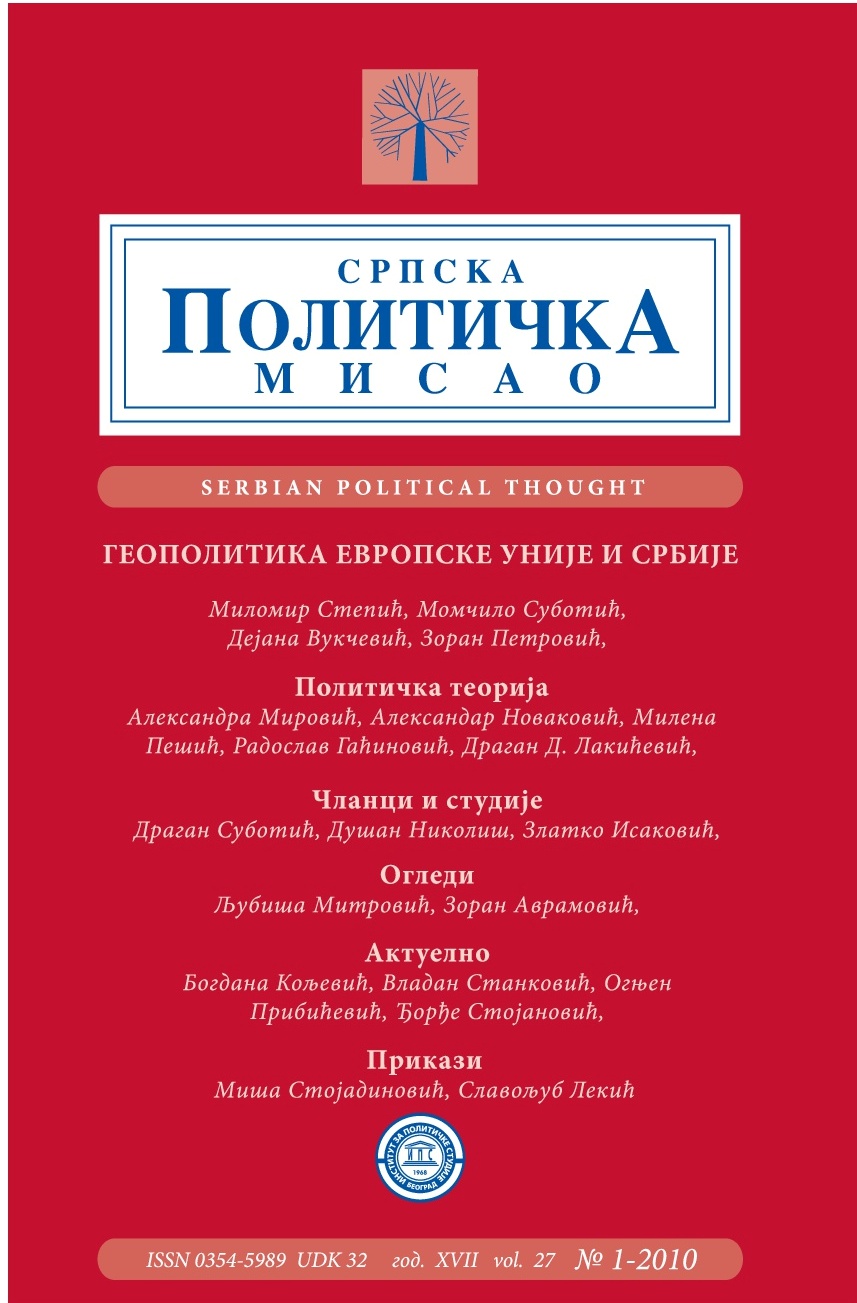Transparency and Security Culture in the Security Sector Reform
Transparency and Security Culture in the Security Sector Reform
Author(s): Zlatko IsakovićSubject(s): Education, Government/Political systems, International relations/trade, Security and defense, Social Norms / Social Control
Published by: Институт за политичке студије
Keywords: Transparency; security; culture; Security Sector Reform;
Summary/Abstract: The main topic of this work is the relationship between transparency and security, as well as their cultures within the Security Sector Reform (SSR). The paper will first address the impact of transparency on security. Increased transparency is one important segment of the SSR representing a central component of democratic transition, and democracy in general. More transparency could mean that security secrets are more available to individuals and groups (in)directly taking part in decision-making and others. Too much transparency could remove the element of surprise, and thus could create security risks. As legal, habitual, moral and other norms and standards could not be sufficient in all cases, a culture and education of transparency of security are needed. There is the open question who is supposed to provide transparency and control those who control security actors? As the impact of the activities of security actors could also be harmful for transparency, the second key question is how much transparency can and should be enabled by various interests. The assumption is that interests and needs of SSR actors should be ‘filtered’ by transparency, contents of security culture, education, norms, interests and needs. In conjunction with the first observed relationship, one should determine the extent of the impact of security on transparency. The con- tents of culture, education, and habits should not be shaped exclusively by security actors and their educational institutions, but also by civilian actors and institutions. The conclusion is that relations between security and transparency in SSR could be compared with the relations between fire and water. The main success of SSR efforts could be directed towards harmonizing security and transparency by establishing a future common culture based on general culture, education, the norms defining by the common public interests and needs and their main actors.
Journal: Српска политичка мисао
- Issue Year: 2010
- Issue No: 1
- Page Range: 237-250
- Page Count: 14
- Language: English

